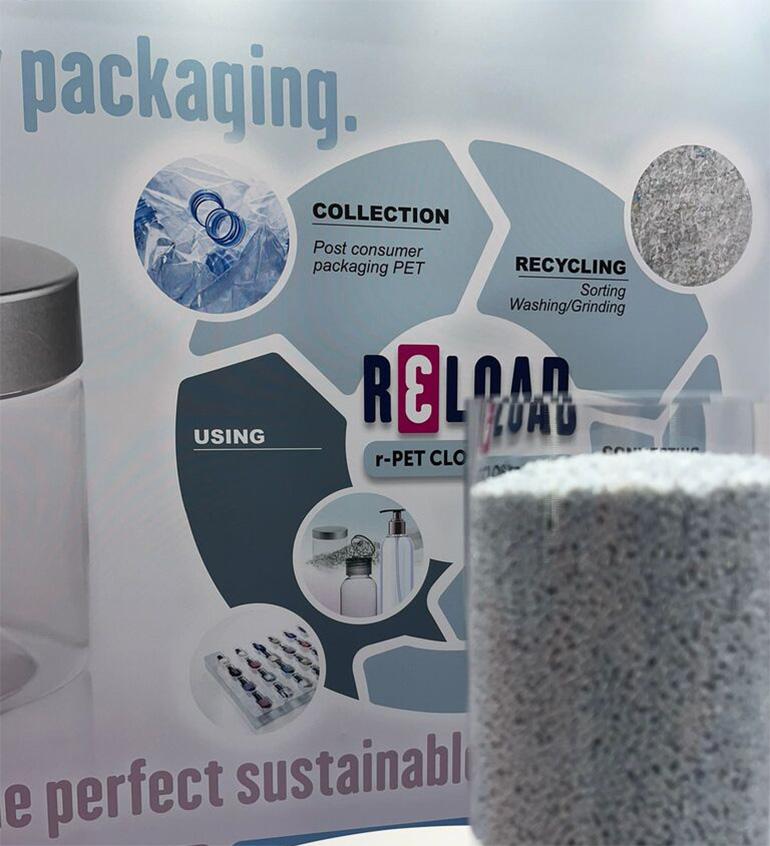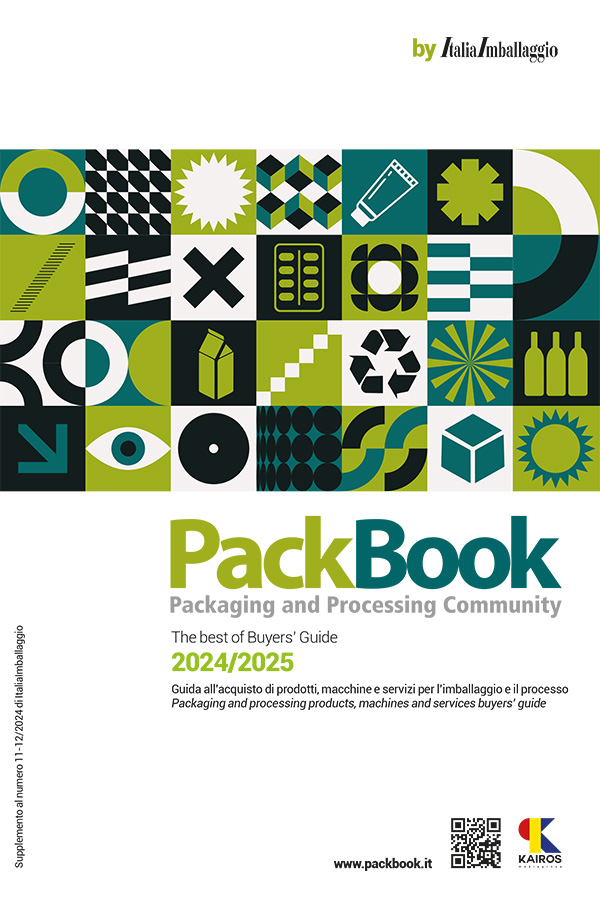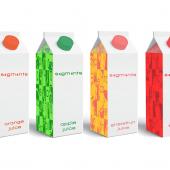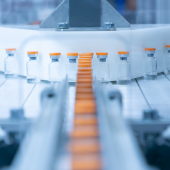Sustainable cosmetics packaging: Aliplast presents guidelines developed with Cosmetica Italia
Presented during Cosmoprof Worldwide 2024, the white paper “Plastic packaging in the cosmetics sector” is a handbook developed by Aliplast (Hera Group) and Cosmetica Italia to set out the basic concepts of recycling for the world of beauty, which is increasingly attentive to sustainability but not close enough to the new innovative materials with recycled content available on the market.
Maria Costanza Candi

The white paper, drawn up to gradually construct a more aware and expert market, is directed, in particular, to small and medium enterprises representing the bulk of the Italian sector and which do not always have all the professional skills necessary for dealing with complex issues like the recycling chain. Market operators will find in the document a series of useful indications for orienting their choices to enter the positive dynamics of eco design, recycling and new materials as a result.
The aim of the white paper and the partnership between Aliplast and Cosmetica Italia is to promote the spread of packaging that is aesthetically refined and enhances the functionality of the product but, at the same time, helps to reduce waste to zero. While the packaging of cosmetic products has for a long time struggled to keep together commercial and environmental aims, today the principles of the circular economy are driving a large part of the innovation in the beauty sector. Carlo Andriolo, CEO of Aliplast talked to ItaliaImballaggio about this.

«We have been producing recycled plastics for cosmetics for some years now, starting from the material closest to PET with which we obtain a quality product that is convincing also the cosmetics world. They are materials that, thanks to the quality of the recycled material, comply with aesthetic, olfactory and technical requirements suitable for the sector, both in packaging and processing. This is why we invest heavily in R&D and in collaborations. We are in continuous contact with paper converters and also brand owners, operators with which we share information, solutions and product range to orientate choices beyond what is traditionally accepted as recycled material. The approach to new developments takes place in phases because the customer must believe in the product and know how to process it. Plastic, however, requires very specialised skills, both in the calibration of the machinery and in the treatment of the materials themselves. Collaborations are, therefore, essential to accelerate this process».
Recycled food and cosmetic grade
Besides the cosmetics sector, Aliplast is committed to developing high quality products intended for other sectors, such as food. In the variety of recycled materials that are increasingly sophisticated and suitable for the most disparate sectors, PET plays a leading role, regarding which Andriolo comments:
«We are focusing on recycled PET because our product is EFSA approved and is food contact compliant, requirements for which we can offer customers stamping, traceability and input verification processes. A series of certifications that, combined with contact with foods, automatically reaches cosmetic grade, becoming completely compatible also with sensitive products intended for contact with skin and eyes. The directive is very stringent on food contact and cosmetic grade, and time is still needed regarding recycled materials to replace rPET, as the legislation and the market evolve».
PPWR: an opportunity for the sector
Aliplast’s commitment anticipates the dictates of a profoundly changing European framework, guided by the Packaging and Packaging Waste Regulation (PPWR). The PPWR is much debated in the industrial world linked to packaging, plastic and new materials. On the one hand, in fact, a number of formats are prohibited, an example being disposable containers: on the other hand, however, it opens up to the observation of technical developments, primarily bioplastics, which are a field of continuous experimentation and are part of the broader area of innovative materials in which recycled material is increasingly a protagonist.
On the revolution brought about by the new regulation, Carlo Andriolo has an unconventional viewpoint:
«When the European legislator enters into technicalities linked to biomaterials and obligatory quantities of recycled material, this proves that there is space for other forms of recycling, particularly when referring to plastic and PCR, post-consumption recycling. I, therefore, see a focus on technology and more attention on the origin of the material regardless of the type of processing, whether that be chemical or mechanical recycling. In this regard, therefore, the PPWR could be an opportunity: while it’s true that some packaging will be reduced, there are some points to the advantage of our industry.
First of all, while reuse is encouraged, where this is not possible, higher recycling percentages between 35% in 2030 and 45% in 2040 are to be imposed. Plastic recycling therefore becomes obligatory, pushing the entire supply chain upstream. For Aliplast this is a good opportunity, given that everything that enters the market must be recycled and must be classified according to quality. Products of an inferior quality, for example, will require higher environmental contributions, besides having to provide clear indications to the consumer».
The new circular plant
According to Andriolo, the net effect of the PPWR, therefore, will be positive and Aliplast certainly won’t be caught unprepared.
«After the recent announcement - he concludes - in the next 18 months we will construct a new fully circular recycling plant in Modena near the incinerator. Here recycled and rigid plastics will be produced, particularly high-density polyethylene and polypropylene, suitable also for the cosmetics world, taking energy from the incinerator, water from the purifier and raw material from post-consumption recycling. A full-blown circular district, from the first phase to the last».






















